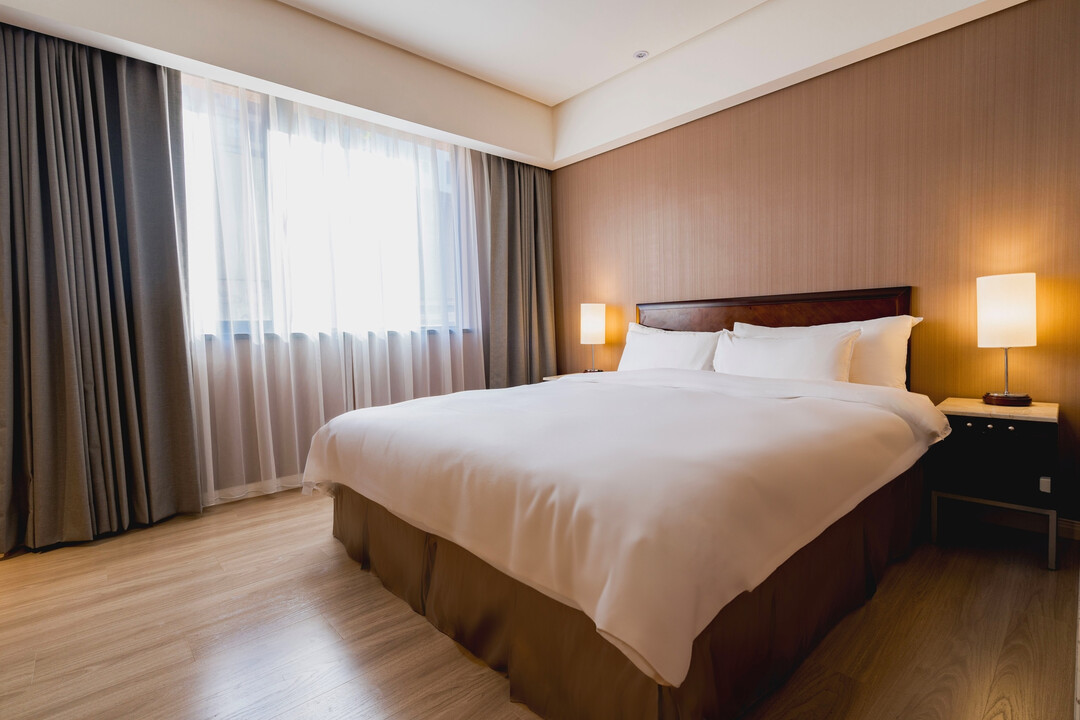
According to data released by the Taiwan Tourism Administration, a focused inspection of 3,364 illegally operating hotels and bed and breakfast (B&B) establishments nationwide from January to March this year resulted in the collection of over NT$20.98 million (approximately NT$880 million Korean Won) in fines.
During the same period, the Tourism Administration reported that the number of legally operating hotels stood at 3,297, a decrease of 23 compared to the same period last year, while legal B&Bs increased to 12,269, a rise of 599. For illegal operations, the number of illegal hotels was 1,061, a decrease of 154 year-on-year, and illegal B&Bs numbered 576, a decrease of 79.
Regionally, Taipei City had the highest number of illegal hotel and B&B operations with 261 cases, followed by Yilan County with 218 and Taichung City with 217. In terms of fines collected, Taipei City also topped the list with NT$5.9 million from 74 cases, followed by Yilan County with NT$2.93 million from 59 cases, and Taichung City with NT$5.02 million from 41 cases.
Tsao I-shu (曹逸書), head of the Hotels and Accommodations Division of the Taiwan Tourism Administration, explained that the relatively stable number of hotels nationwide is a result of individual operators' business conditions. In contrast, the number of B&Bs continues to rise steadily because they often operate as family side businesses or utilize spare rooms in residences, resulting in lower operating costs compared to hotels.
A major reason for the decrease in the number of illegal hotels was attributed to the reduction in short-term rental accommodations in urban areas, with Taipei City showing the most significant decline. For illegal B&Bs, fluctuations are influenced by local government crackdowns and online inquiries, with Penghu County seeing an increase of 9 cases while Taitung County experienced a decrease of 42.
Problems of Illegal Accommodations and the Necessity of Crackdowns
Illegal accommodations pose various problems, including failure to meet safety and hygiene standards, tax evasion, and infringement of consumer rights. Unlicensed accommodations often fail to meet basic safety standards such as fire safety equipment and hygiene management, increasing the risk of casualties in the event of a fire and raising concerns about the spread of infectious diseases. Furthermore, their failure to pay taxes properly negatively impacts national finances, and their operation outside consumer protection regulations makes it difficult for guests to receive appropriate remedies in case of damages.
Consequently, governments worldwide are strengthening crackdowns on illegal accommodations to promote the healthy development of the tourism industry and protect consumers. Taiwan is also making such efforts, with the Tourism Administration at the forefront of continuous inspections and penalties for illegal accommodation facilities.
Future Prospects and Challenges
The results of the crackdown on illegal accommodations in the first quarter can be interpreted as a sign of the government's active efforts and some voluntary changes among illegal operators. However, given that a significant number of illegal accommodations are still in operation, the Tourism Administration is expected to continue its strict enforcement and focus on developing policies to encourage the operation of legal accommodations. Furthermore, it will be necessary to strengthen public awareness campaigns to educate consumers about the importance of using legal accommodations and to prevent damages caused by using illegal facilities.
In Taiwan, any accommodation operating without a license, other than hotels and legal bed and breakfasts (B&Bs), is considered illegal and strictly regulated. Legal B&Bs primarily utilize spare rooms in private homes and must meet certain safety and hygiene requirements. In contrast, illegal B&Bs often fail to meet these standards or operate without business registration. Recently, there has been an increase in cases of illegal accommodations operating covertly through online platforms such as Airbnb, making surveillance by authorities even more crucial.
[Copyright (c) Global Economic Times. All Rights Reserved.]






























